Corporate polluters just got a green light—and communities will pay the price.
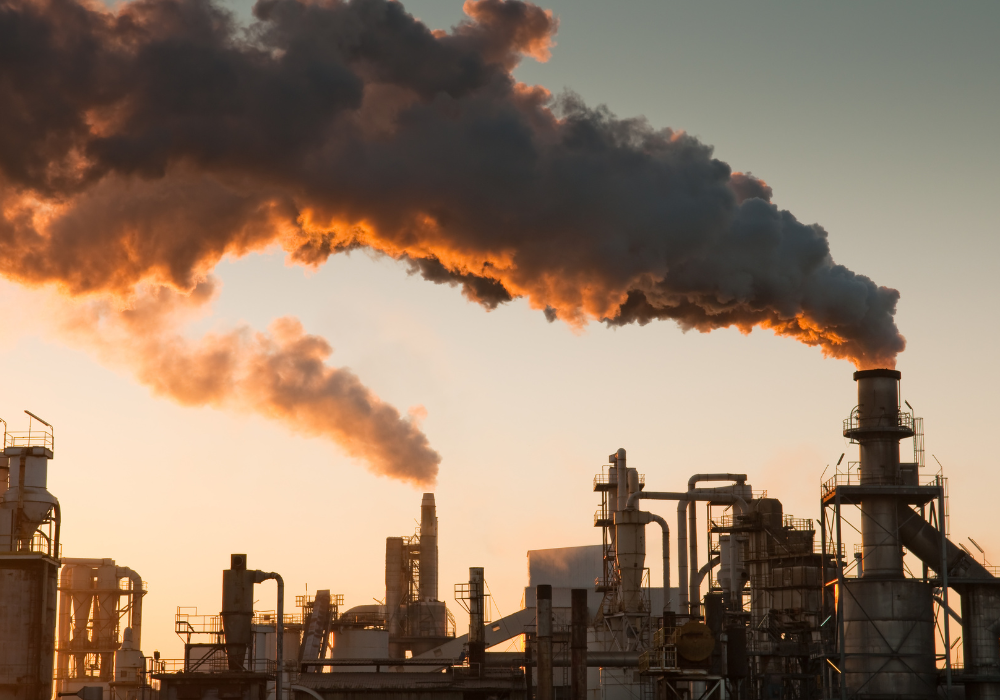
The headlines barely scratched the surface, but the implications are staggering: over 100 polluters just got a regulatory free pass, thanks to a sweeping move by the Trump administration. Under the banner of “deregulation” and “economic growth,” environmental safeguards have been loosened or erased altogether, giving major corporations more leeway to pollute without fear of penalties. This isn’t just political posturing—it’s a seismic shift in how the U.S. enforces clean air, water, and land protections. As wildfires rage and floods displace families, this rollback couldn’t come at a worse time. The long-term consequences? They may already be unfolding around us.
1. Dozens of air pollution violations are now going unchecked.
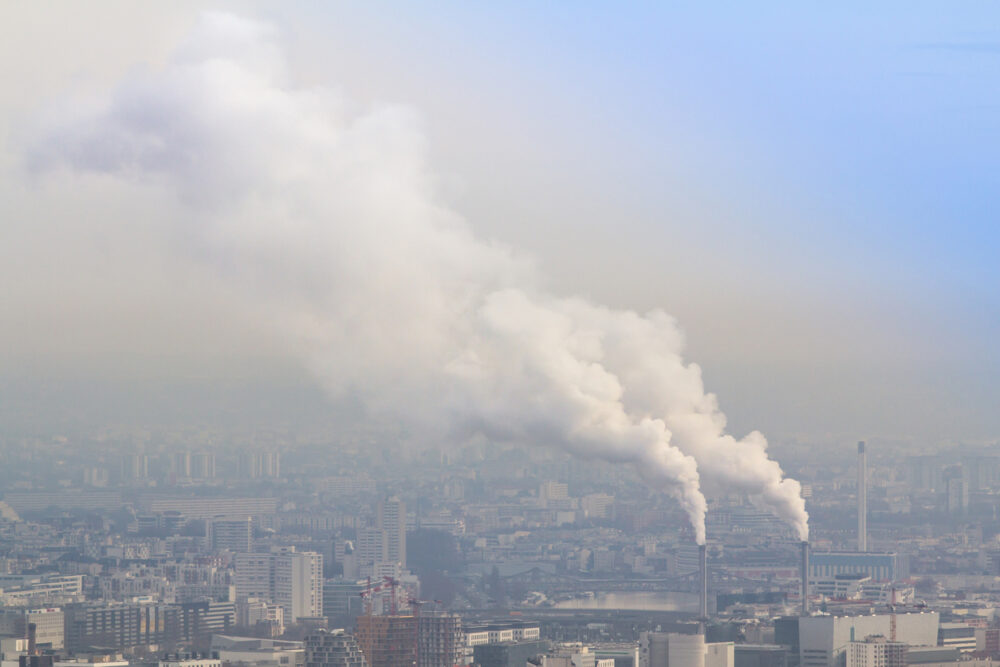
Under relaxed enforcement rules, companies can exceed legal air pollution limits without facing penalties. This means more smog, more respiratory issues, and more health risks—especially for people living near industrial zones. Many of these violations involve fine particulate matter, which can penetrate deep into lungs and cause long-term damage. Previously, these infractions would trigger investigations or fines, but now they’re often ignored.
Air quality alerts may become more frequent, but without the enforcement teeth to change industry behavior. The result? A quiet but dangerous shift that puts vulnerable populations at even greater risk of chronic illness.
2. Water pollution reporting rules have been quietly gutted.
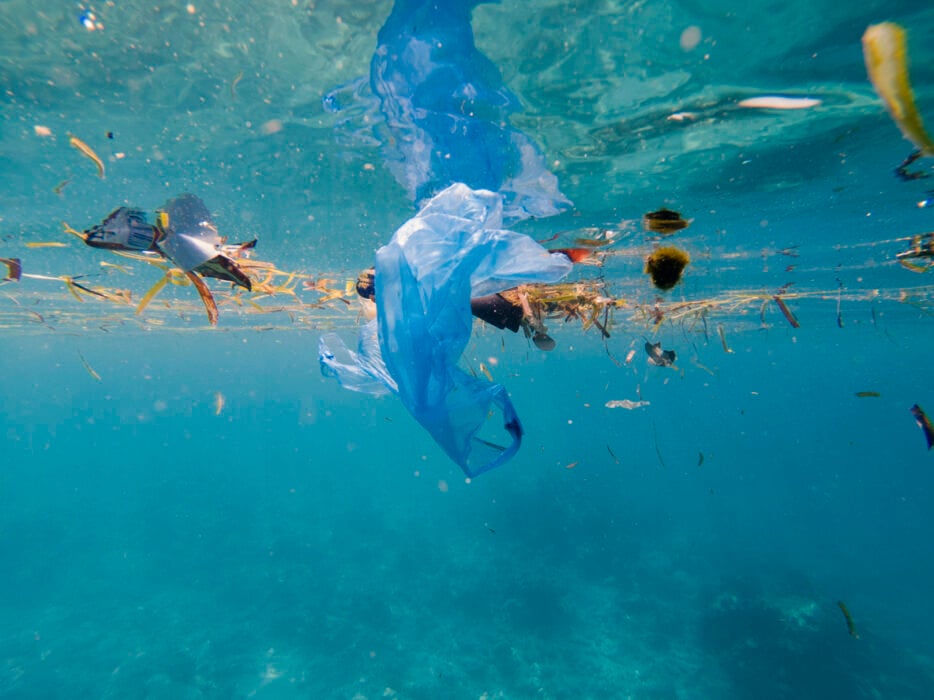
Industries that once had to disclose hazardous waste discharges into rivers and lakes are now facing looser rules—or none at all. That means more contaminants, like heavy metals or toxic runoff, may enter public waterways without communities even knowing. With monitoring requirements rolled back, pollution can go undetected until it’s too late.
Drinking water supplies could be at risk, particularly in rural and low-income areas where testing is already limited. This rollback essentially allows polluters to self-regulate, which history shows rarely works. Clean water isn’t just a public health issue—it’s a fundamental right that’s now being eroded.
3. Methane leaks from oil and gas sites are no longer a top concern.
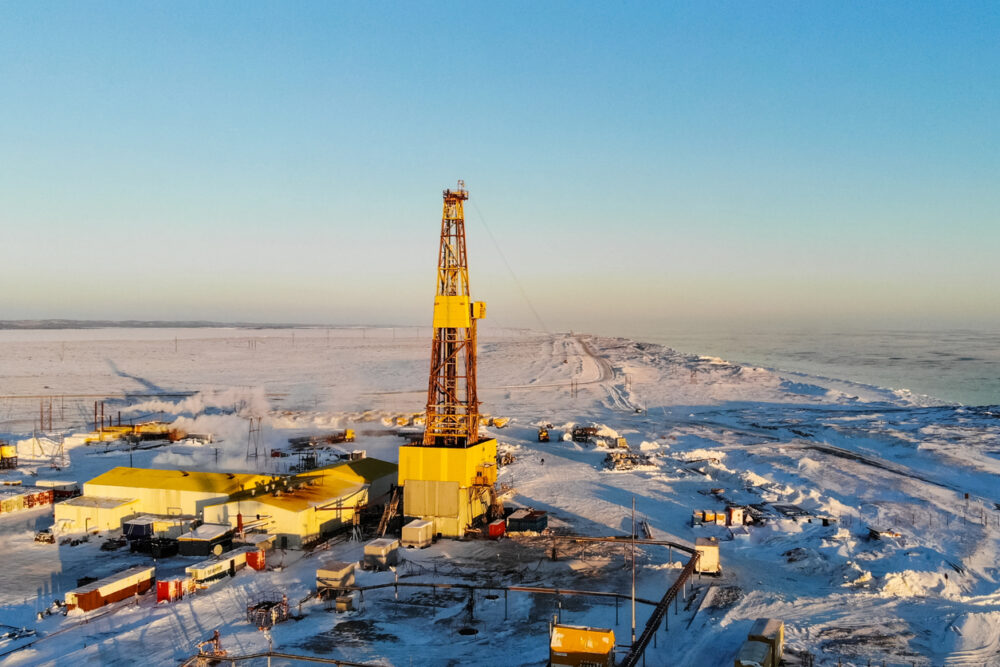
Methane is a potent greenhouse gas, far more damaging than carbon dioxide in the short term. The Trump-era policy changes removed requirements for companies to find and fix methane leaks at oil and gas wells. That means these leaks can continue unabated, contributing to climate change while flying under the radar.
The EPA once called methane control a priority—now, it’s barely mentioned. This rollback gives fossil fuel companies a break at the planet’s expense. It also undermines progress on reducing emissions, just as international climate targets grow more urgent and the impacts of warming accelerate.
4. The rollback targets marginalized communities the hardest.
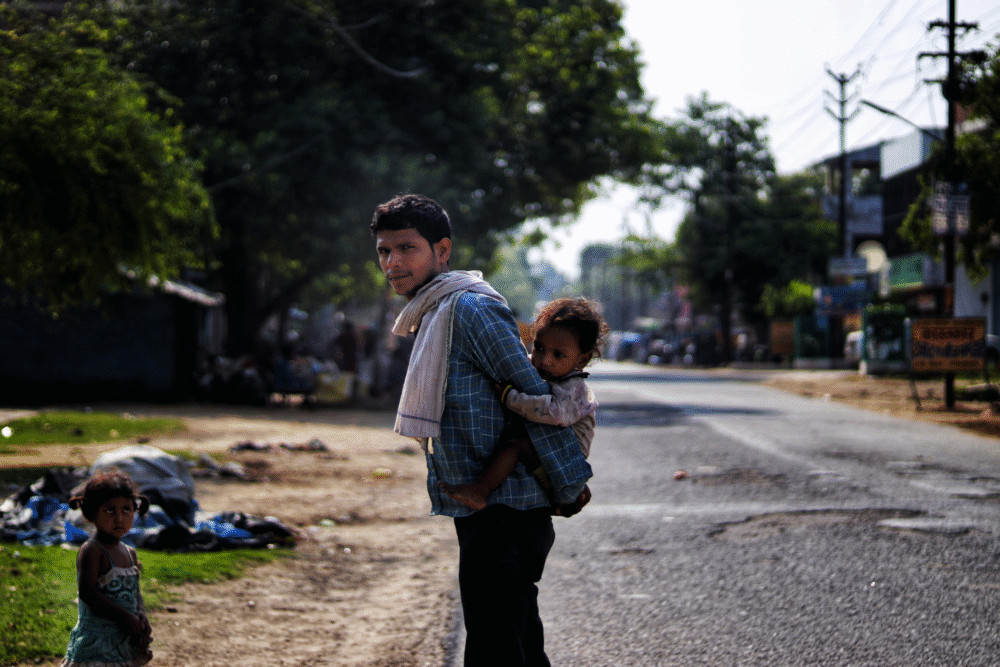
Environmental deregulation doesn’t affect everyone equally. Communities of color and low-income neighborhoods are more likely to live near power plants, refineries, and factories. When enforcement weakens, these areas bear the brunt. Asthma rates climb. Water becomes undrinkable. Cancer clusters appear.
These aren’t hypotheticals—they’re documented patterns. The rollback isn’t just about pollution; it’s about environmental justice. These communities already face systemic barriers to healthcare and advocacy. Now they’ve lost critical protections too. The result? A widening gap between those who live in safe, clean environments and those who are left to fend for themselves against toxic exposure.
5. Steve Miller isn’t the only one canceling due to toxic fallout.

You’ve probably heard that Steve Miller canceled parts of his tour citing safety concerns tied to extreme weather and worsening air quality. While that might sound like a one-off, it reflects a broader shift. Musicians, outdoor event planners, and even school districts are reassessing the risks of exposure to poor air or unsafe heat.
These decisions echo the consequences of pollution deregulation. When air gets dirtier and wildfires worsen, life doesn’t just go on as usual. Performances stop. Classes shut down. Daily life gets interrupted. This isn’t some distant warning—it’s affecting everyday choices right now.
6. Rollbacks weaken the EPA’s ability to fine or shut down violators.

The Environmental Protection Agency once had the power to swiftly penalize companies that broke pollution laws. Under the new rules, that authority has been diluted. Inspectors face bureaucratic hurdles, funding cuts, and vague guidelines that let polluters slip through the cracks. Even when violations are documented, the consequences may amount to little more than a warning letter.
Without serious penalties, bad actors keep polluting. Meanwhile, communities suffer the fallout. The EPA was created to be a watchdog—but it’s increasingly being treated like a lapdog. That shift makes environmental enforcement more performative than protective.
7. Clean-up requirements for toxic waste sites are disappearing.

Superfund sites and other hazardous waste areas are supposed to be cleaned and restored under strict government oversight. But recent policy changes have given companies more time, more leeway, and fewer obligations to act quickly—or at all. That means these polluted zones, often near communities, schools, or water sources, stay toxic for longer. In some cases, cleanup plans are delayed indefinitely.
The health consequences can be devastating: birth defects, cancers, neurological issues. Cutting corners on cleanup doesn’t just save corporations money—it offloads massive public health risks onto regular people who never signed up for them.
8. Corporations can now self-report with little oversight.

Under “compliance flexibility” policies, companies are trusted to monitor and report their own environmental impact. In theory, that saves time and money. In reality, it’s an open door to deception and inaction.
Many of these companies already have long histories of downplaying or hiding violations. Expecting them to suddenly play fair without independent checks is naive at best. It’s like asking the fox to guard the henhouse. Without third-party audits, the public has no way of verifying emissions data or pollution control efforts. That lack of transparency undermines trust—and endangers lives.
9. Climate goals become meaningless without enforcement.

You can’t reduce emissions by ignoring the polluters. Climate targets require not just lofty pledges, but real accountability. By giving over 100 polluters a free pass, the U.S. has made its climate goals harder to reach and easier to dismiss. International partners notice. Activists notice. And so do investors who are looking for long-term stability.
Without enforcement, the entire system loses credibility. These rollbacks don’t just affect today’s pollution levels—they compromise our ability to hit future benchmarks. That makes it harder to prepare for a warming world, even as heatwaves, floods, and wildfires break new records.
10. The damage from these decisions may take decades to undo.
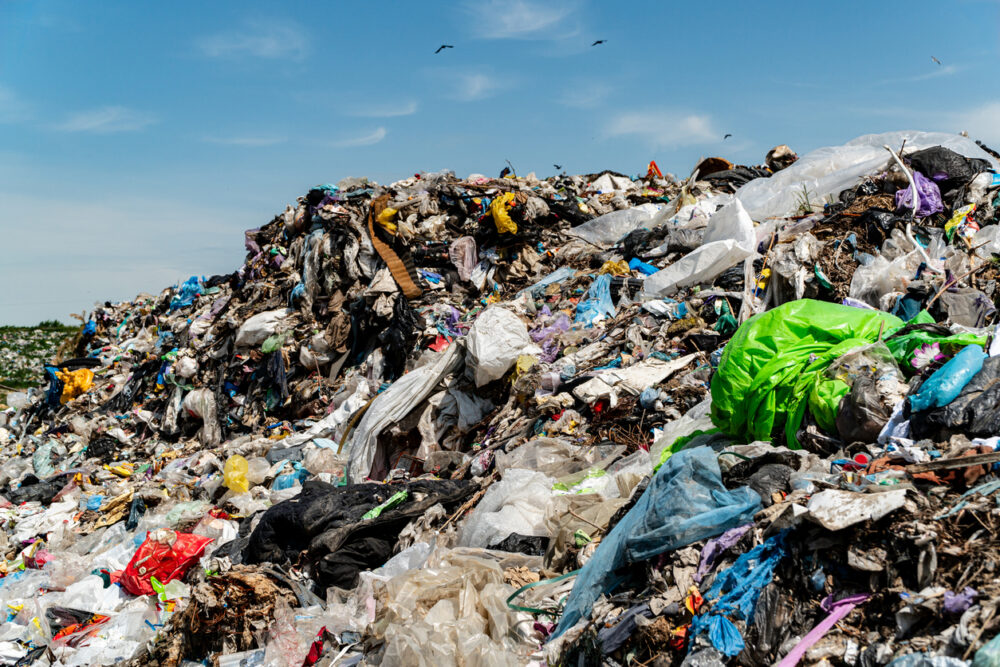
Environmental damage accumulates slowly—and so does the effort to reverse it. Every year of unchecked pollution leads to health problems, ecological loss, and regulatory inertia that’s tough to roll back. Even if future administrations restore stricter laws, it could take years to repair what’s been undone. Clean air and water aren’t something you can snap your fingers and fix.
The infrastructure, monitoring, and enforcement mechanisms need rebuilding. In the meantime, the health of millions hangs in the balance. The consequences of these rollbacks may not be fully understood until it’s far too late to undo them.